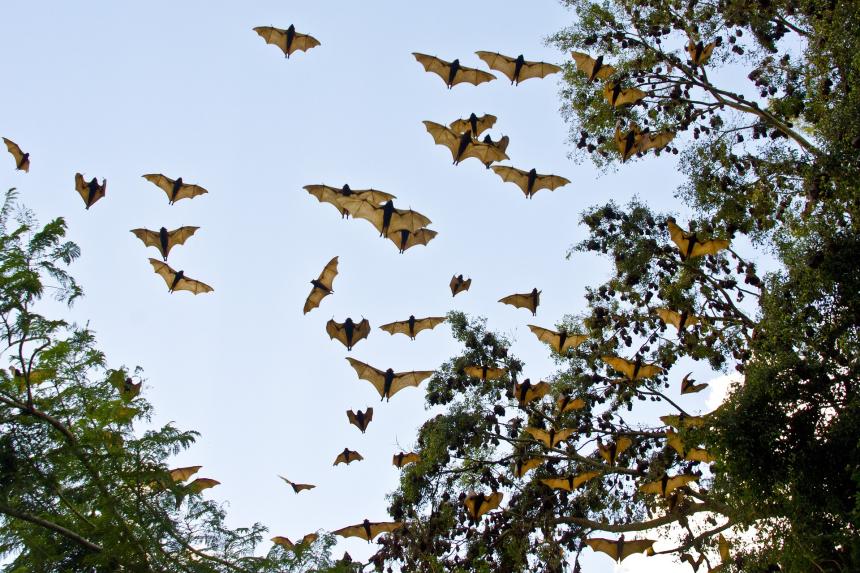In the News

August 14, 2024
Cornell's Drs. Raina Plowright, Amandine Gamble, and Krysten Schuler were awarded a grant from Cornell Atkinson’s Academic Venture Fund for their project: Integrating Primary Pandemic Prevention into mainstream policy, funding, and practice through One Health spillover investigation.

August 09, 2024
Households caught and consumed a far more diverse array of fish than they sold at market, which has important implications for how loss of biodiversity might affect people’s nutrition, especially for those with lower incomes.

June 17, 2024
Fatal drownings are a big risk for small-scale fishers on Africa’s largest lake, with many of those deaths attributed to bad weather – conditions that are likely to worsen with climate change, according to a new study co-authored by Cornell's Dr. Kathryn Fiorella.

May 22, 2024
Cornell's Dr. Kathryn Fiorella researches how changes in the environment affect the well-being, economic stability, and food security of communities, with a focus on global fisheries.

April 22, 2024
In a new perspective paper in Nature Communications, Cornell's Dr. Raina Plowright and a team of ecologists, infectious disease scientists and policy experts have distilled their collective observations into three recommendations to prevent spillovers and halt epidemics and pandemics before they even start.

Video
April 12, 2024
In this eCornell keynote presentation, Dr. Martin Gilbert, Helen Lee, and Laura Bernert from the Cornell K. Lisa Yang Center for Wildlife Health share their fieldwork experiences in Asia and help illustrate how the health of wildlife and our own health and well-being are inextricably linked.

March 29, 2024
An international team led by Cornell's Dr. Raina Plowright has proposed a roadmap for how to prevent the next pandemic by conserving natural areas and promoting biodiversity.
Video
March 18, 2024
Johns Hopkins Science Diplomacy Coordinator and Cornell alum Isabel Jimenez, DVM '21, speaks with Professor Steve Osofsky about his career in conservation and how up-and-coming applied scientists can enhance their chances of translating their work into real change for good.

March 06, 2024
A recent study by Cornell University and the Wildlife Conservation Society highlights the importance of leaving bats undisturbed in their natural habitats. Bats have been identified as reservoirs for numerous viruses that can cross over to humans, including the SARS-CoV-2 virus responsible for COVID-19.

March 04, 2024
The Cornell University College of Veterinary Medicine has recently welcomed many new faculty members, including Dr. Amandine Gamble, who studies infectious disease ecology, with a focus on pathogen dynamics in wildlife and at the human-wildlife interface.
